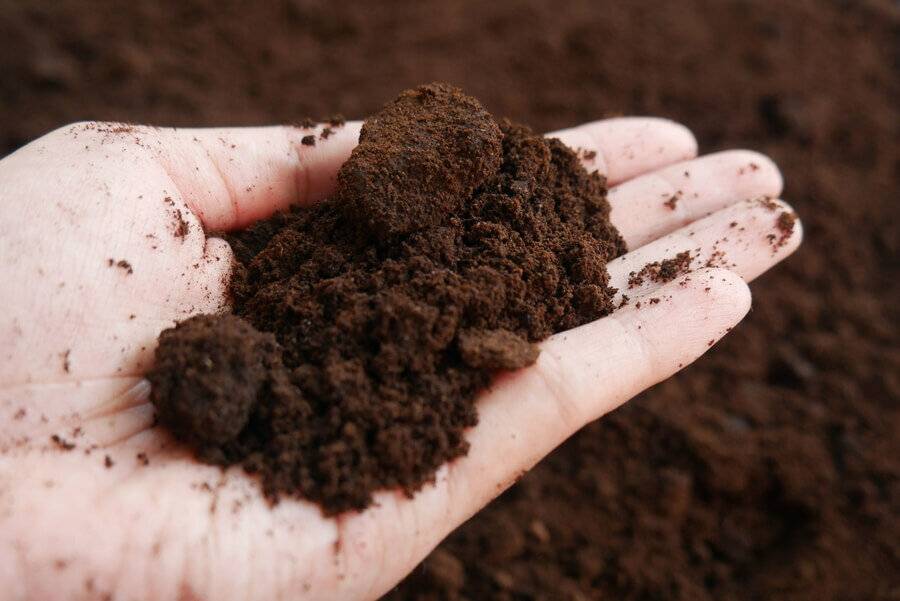Is Epsom Salt Safe for Septic Systems?
When it comes to maintaining a septic system, homeowners often wonder about the safety of various products they use. One such product that has gained popularity in recent years is Epsom salt. Known for its numerous health benefits and versatile uses, Epsom salt is a naturally occurring mineral compound composed of magnesium and sulfate. However, before considering its use in septic systems, it is important to understand the potential impact it may have on the system’s functionality and overall health.
| Topic | Summary |
|---|---|
| Epsom Salt Composition | Epsom salt is a mineral compound made up of magnesium and sulfate. |
| Septic System Basics | A septic system is an underground wastewater treatment system commonly used in rural areas. |
| Potential Impact on Septic Systems | Using Epsom salt in septic systems may have both positive and negative effects. |
| Scientific Research and Expert Opinions | There is limited scientific research available on the direct impact of Epsom salt on septic systems. |
| Conclusion | While Epsom salt may offer benefits in certain applications, caution is advised when using it in septic systems. |
In this article, we will delve into the topic of whether Epsom salt is safe for septic systems. We will explore the composition of Epsom salt, provide an overview of septic system basics, discuss the potential impact of using Epsom salt in septic systems, and examine the existing scientific research and expert opinions on the matter.
It is important to note that septic systems play a crucial role in treating and disposing of household wastewater. Any product introduced into the system should be carefully evaluated to ensure it does not disrupt the delicate balance of bacteria and enzymes responsible for the system’s proper functioning.
So, let’s dive in and explore the safety of using Epsom salt in septic systems, keeping in mind the importance of maintaining the health and functionality of these essential wastewater treatment systems.
The Potential Impact of Epsom Salt on Septic Systems
Septic systems are designed to efficiently treat and dispose of household wastewater. They consist of a septic tank and a drainfield, where bacteria and enzymes break down solid waste and purify the water before it is released into the ground. While Epsom salt is generally safe for many applications, its use in septic systems can have both positive and negative effects.
Positive Effects of Epsom Salt
Epsom salt, with its high magnesium and sulfate content, is known for its various benefits. When used in moderation and under specific circumstances, it may offer some advantages for septic systems:
- Promoting bacterial growth: Magnesium, a key component of Epsom salt, can act as a nutrient for bacteria present in the septic system. In some cases, it may help stimulate bacterial growth and enhance the breakdown of organic matter.
- Aiding in drainfield maintenance: Epsom salt, when used sparingly and in appropriate quantities, can potentially help prevent the accumulation of excess sludge in the drainfield. This may contribute to the longevity and efficiency of the septic system.
Negative Effects of Epsom Salt
While there are potential benefits, it is crucial to consider the negative effects that Epsom salt can have on septic systems:
- Disrupting bacterial balance: Septic systems rely on a delicate balance of bacteria and enzymes to break down waste effectively. Excessive use of Epsom salt can disrupt this balance, potentially leading to a decrease in bacterial activity and a compromised treatment process.
- Increasing sodium levels: Epsom salt contains sulfate, which can convert into sulfides under certain conditions. Sulfides can react with iron present in the septic system, leading to the formation of iron sulfide, commonly known as “black sludge.” This sludge can clog pipes and hinder the system’s functionality.
- Overloading the drainfield: Excessive use of Epsom salt can result in an increased volume of water in the septic system. This additional water can overload the drainfield, causing it to become saturated and potentially leading to system failure.
Scientific Research and Expert Opinions
When it comes to the direct impact of Epsom salt on septic systems, scientific research and expert opinions are limited. There is a lack of comprehensive studies specifically focused on the effects of Epsom salt on septic system health and functionality. Therefore, it is challenging to provide concrete conclusions based on scientific evidence alone.
However, experts generally recommend exercising caution when using Epsom salt in septic systems. The potential risks associated with disrupting the bacterial balance and increasing sodium levels outweigh the potential benefits in most cases. It is advisable to prioritize the proper maintenance and regular pumping of the septic system over the use of Epsom salt.
Conclusion
While Epsom salt may offer benefits in certain applications, its use in septic systems should be approached with caution. The potential negative effects, such as disrupting bacterial balance, increasing sodium levels, and overloading the drainfield, can outweigh any potential advantages. It is crucial to prioritize the proper functioning and longevity of the septic system by following recommended maintenance practices and avoiding unnecessary additives like Epsom salt.
Remember, maintaining a healthy septic system is essential for the well-being of your household and the environment. If you have any concerns or questions about the use of Epsom salt in your specific septic system, it is always best to consult a professional septic system service provider for guidance.


0 Comments